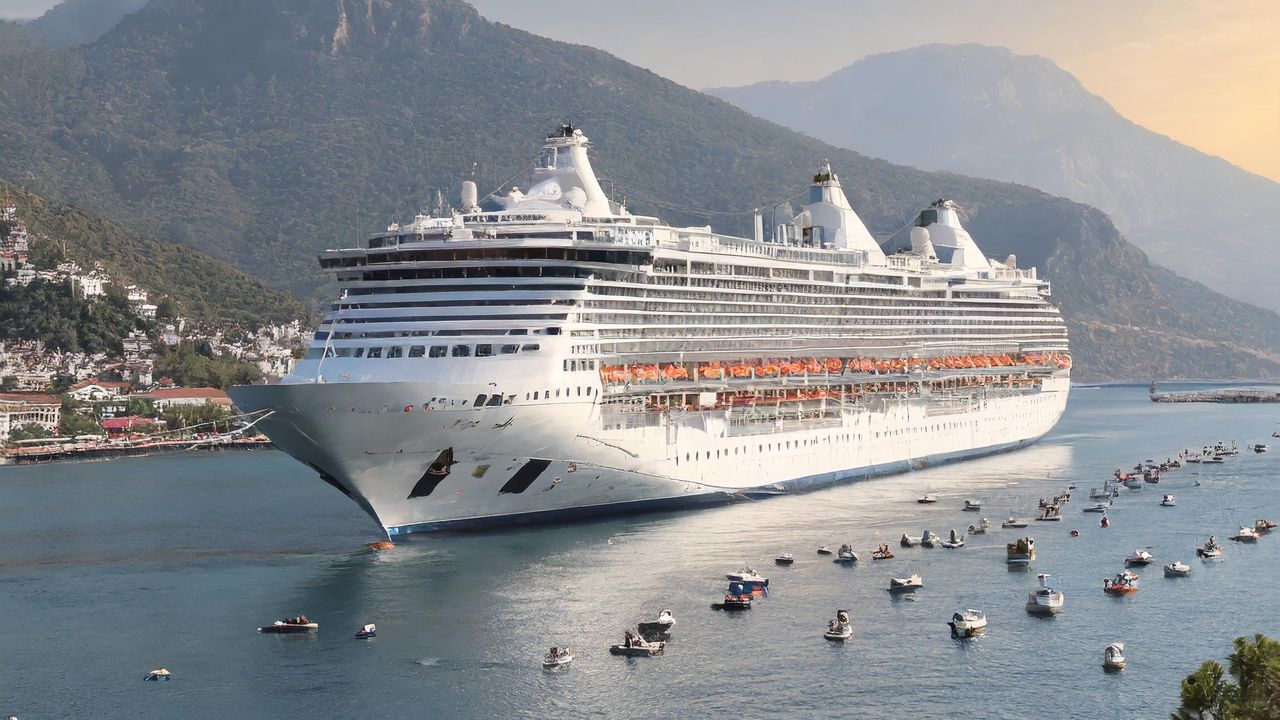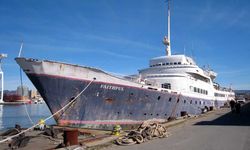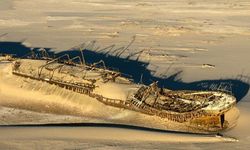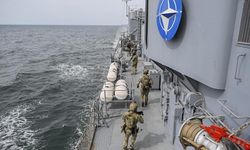What is it like to work on a cruise ship?
If you are considering working on a cruise ship, this decision could offer you a different lifestyle and career experience. Working on a cruise ship that navigates the open seas can be seen as an attractive and exciting option for many. Let's delve into the working conditions on cruise ships.
Advantages
-
Money: In certain positions, especially in specialized fields such as head chefs, entertainment managers, or technical experts, competitive salaries can be provided. Additionally, meal and accommodation expenses are typically covered during the journey. Some roles also offer additional financial incentives through tips and bonuses.
-
Travel to Different Countries: Cruise ships typically visit various ports worldwide, providing employees with the opportunity to explore different countries.
-
Interaction with Diverse Cultures: The ship's crew and passengers often come from different nations, fostering a rich cultural interaction for the employees.
Disadvantages
-
Long Working Hours: Employees on cruise ships often have to endure long and intensive working hours. Depending on the role, working seven days a week for 10 to 12 hours a day is common.
-
Sea Life: Spending extended periods at sea, being away from land-based life, and working in limited spaces on the ship can pose physical and emotional challenges for some individuals.
-
Limited Personal Life: Ship life can restrict the personal lives of employees. Staff members typically share small cabins with roommates, equipped with bunk beds and minimal storage.
Working on a cruise ship has its pros and cons, and it's essential to carefully weigh these factors before making the decision. While it offers adventure, cultural experiences, and potential financial rewards, it also demands significant dedication and adaptation to the unique challenges of life at sea.






